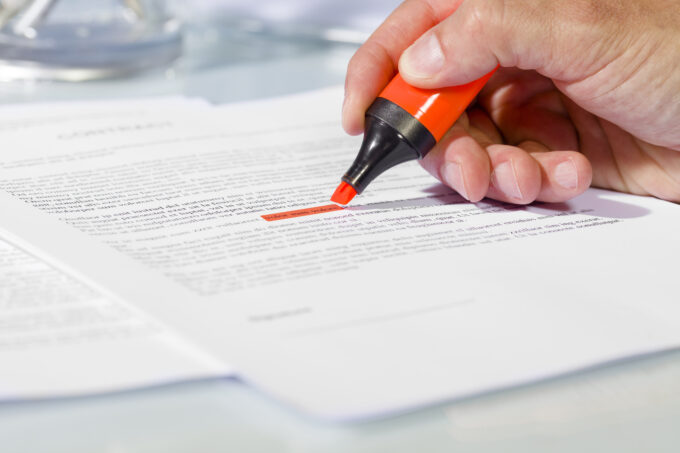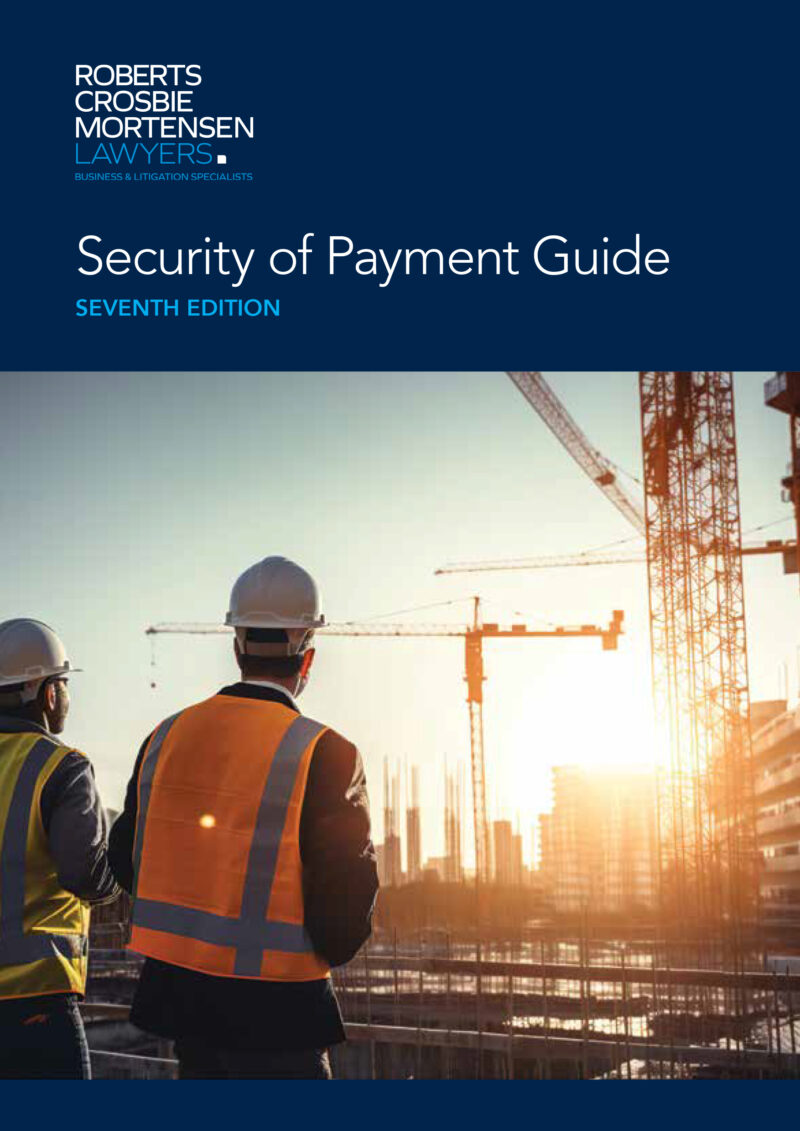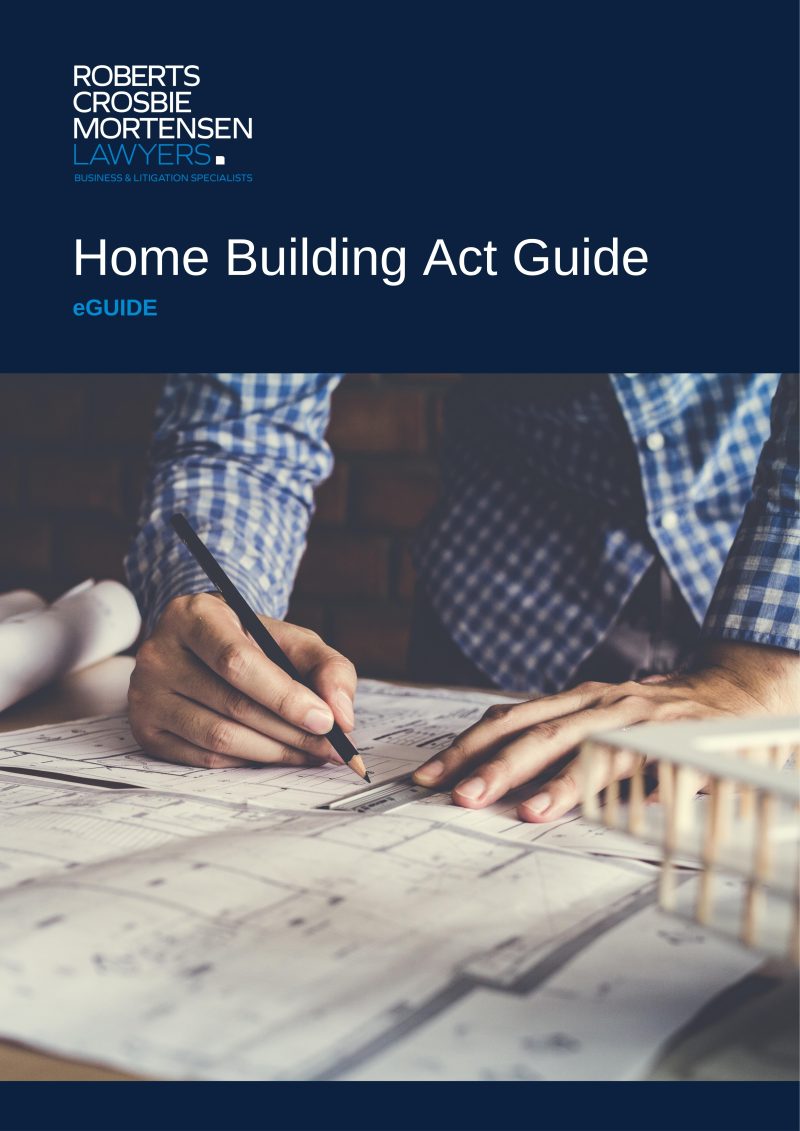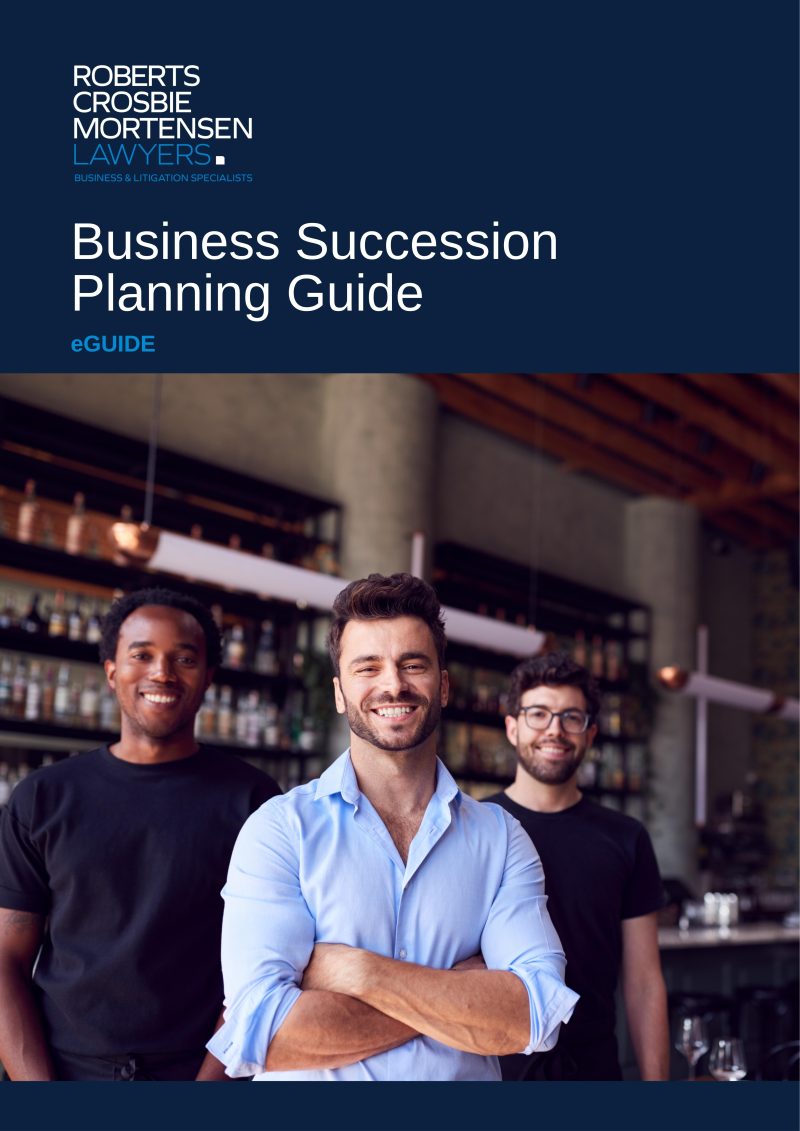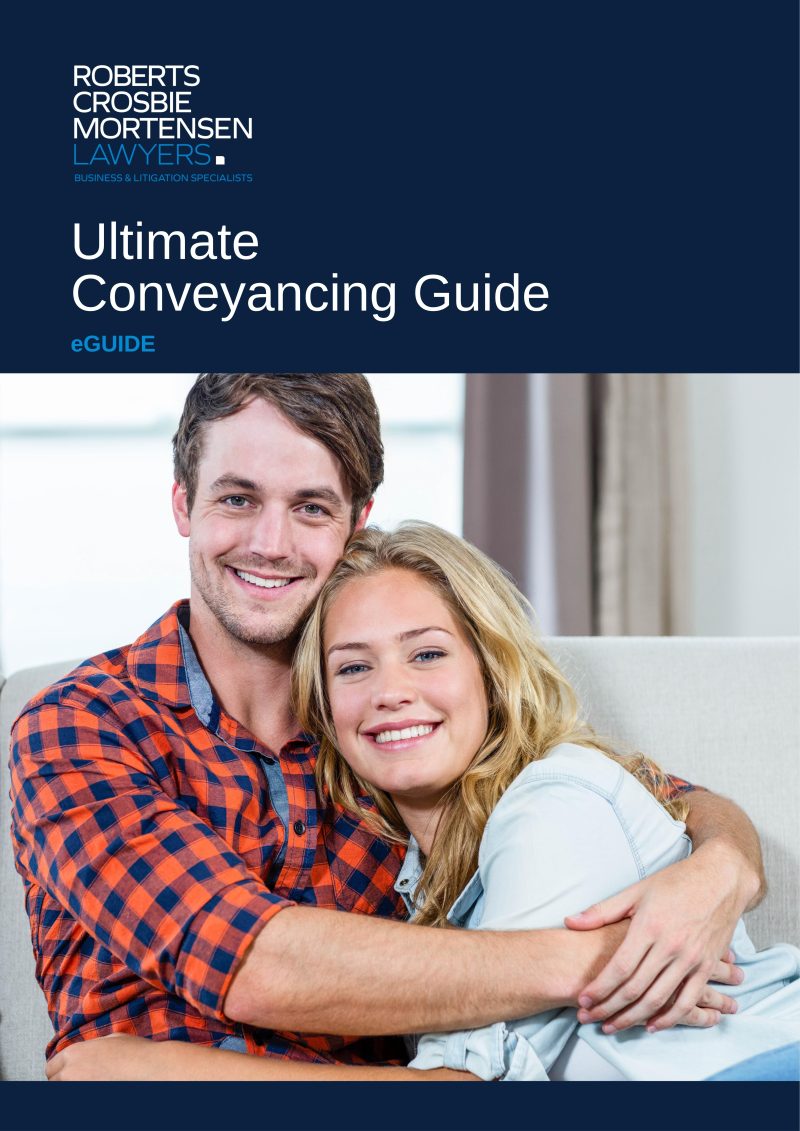In this article we have compiled a list of 10 key considerations when negotiating your lease.
1. Do not sign a lease until it has been legally reviewed
If you are presented with a lease for signature, then have it properly reviewed before you sign it. Leases are (most often) long term obligations and are not to be entered into lightly or without legal advice. And this applies to Heads of Agreement as well.
A heads of agreement is usually a simplified document setting out an agreement in principle to lease premises and while they are often stated as being “non-binding” until the lease is signed, look closely to see if you are being asked to pay a deposit and if the landlord can hold any part of the deposit back if the lease is not signed.



